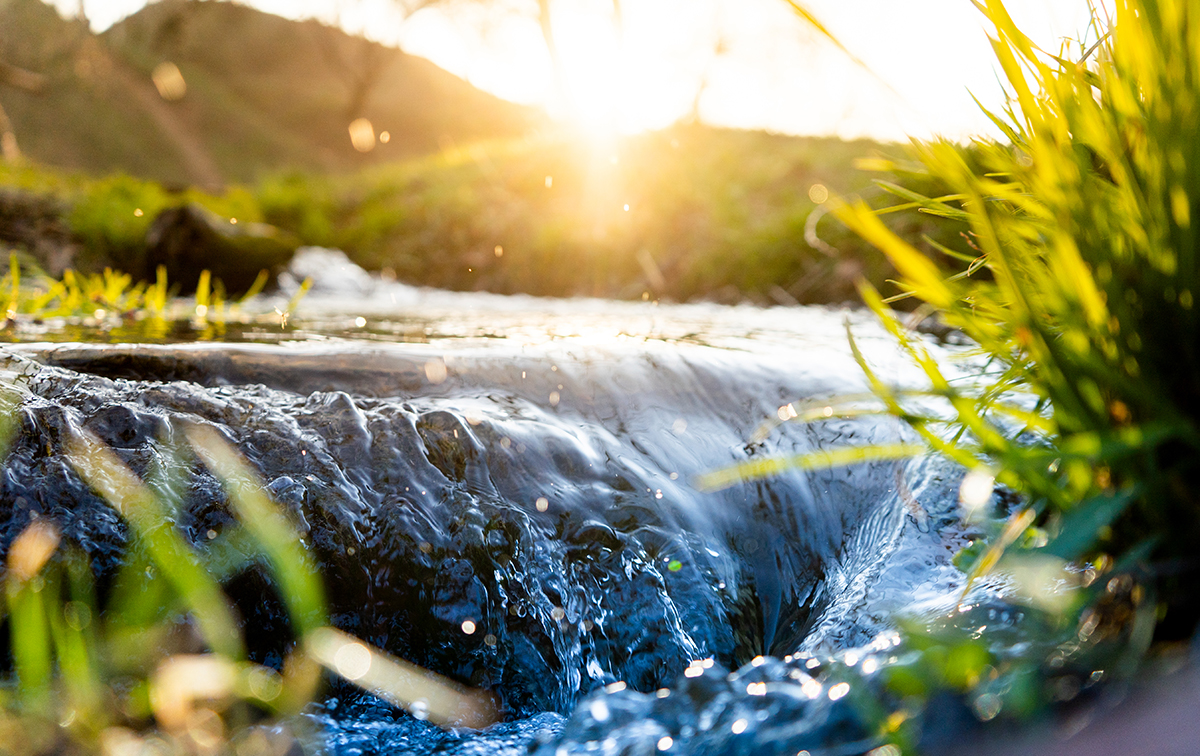
- Details
- By Chuck Hoskin Jr
Guest Opinion. At Cherokee Nation, we have a long history of supporting farmers and ranchers. From distributing relief payments to farm and food workers during the worst of the pandemic to filling market gaps for ranchers through the 1839 Cherokee Meat Co., we know how important it is to prioritize the people who grow, raise and process the food on our tables.
At the same time, Cherokee values tell us we have a duty to protect the land and waters that bring life to the whole community. Farmers, large and small, join in that responsibility to be good neighbors and not to pollute our shared resources. That’s why Oklahoma law includes a common-sense prohibition against discharging large amounts of poultry waste into the waters of the state.
It is disturbing to see a push by Oklahoma lawmakers to undo that protection. I recently joined with the leaders of the Muscogee, Chickasaw, Choctaw and Seminole nations to speak out against House Bill 4118, which, if passed into law, would severely threaten Oklahoma’s water. The bill would remove the prohibition on discharging waste, shield polluters from all liability, and replace these protections with vague rules to be developed by a relatively small state agency that does not have the capacity to monitor poultry farms across the state.
Not so long ago, we saw what happens when this waste is allowed to go unchecked. The pollution led to algae blooms that clouded the water, killed numerous fish, endangered drinking water, and threatened recreational areas. Lake Tenkiller, just south of the Cherokee Nation’s capital in Tahlequah, was one of the worst affected bodies of water, and the damage extended to many other waterways. That’s why a federal judge ruled against the handful of large companies controlling the poultry industry in a lawsuit filed by the Oklahoma attorney general in 2005.

HB 4118 would take all of the teeth out of that ruling and remove other safeguards against pollution. In its current form, this legislation poses a serious threat to the environment and water quality on the Cherokee Nation Reservation. It also undermines the ability of property owners, including thousands of Cherokees and our neighbors across northeast Oklahoma, to protect their land and water from pollution by poultry waste.
Our commitment to preserving our environment is unwavering, and this bill threatens this precious resource for future generations. In effect, HB 4118 would allow the industry to regulate itself and just hope that every farmer and poultry corporation does the right thing, with little to no recourse by the state or local communities if they violate that trust.
Cherokee Nation proudly supports farmers and other agricultural producers, but we cannot support a bill that would grant immunity to polluters, threaten our water, and harm communities and recreational areas across the Reservation. For all of these reasons, I am urging state lawmakers to not allow HB 4118 to advance any further. Please visit our Citizen Action page and download a template letter that you can send to voice your opposition to HB 4118.
Chuck Hoskin, Jr. is the princiipal chief of the Cherokee Nation.
More Stories Like This
The SAVE America Act Threatens Native Voting Rights — We Must Fight BackThe Presidential Election of 1789
Cherokee Nation: Telling the Full Story During Black History Month
Jesse Jackson Changed Politics for the Better
Native News Online at 15: Humble Beginnings, Unwavering Mission
Help us defend tribal sovereignty.
At Native News Online, our mission is rooted in telling the stories that strengthen sovereignty and uplift Indigenous voices — not just at year’s end, but every single day.
Because of your generosity last year, we were able to keep our reporters on the ground in tribal communities, at national gatherings and in the halls of Congress — covering the issues that matter most to Indian Country: sovereignty, culture, education, health and economic opportunity.
That support sustained us through a tough year in 2025. Now, as we look to the year ahead, we need your help right now to ensure warrior journalism remains strong — reporting that defends tribal sovereignty, amplifies Native truth, and holds power accountable.
 The stakes couldn't be higher. Your support keeps Native voices heard, Native stories told and Native sovereignty defended.
The stakes couldn't be higher. Your support keeps Native voices heard, Native stories told and Native sovereignty defended.
Stand with Warrior Journalism today.
Levi Rickert (Potawatomi), Editor & Publisher

